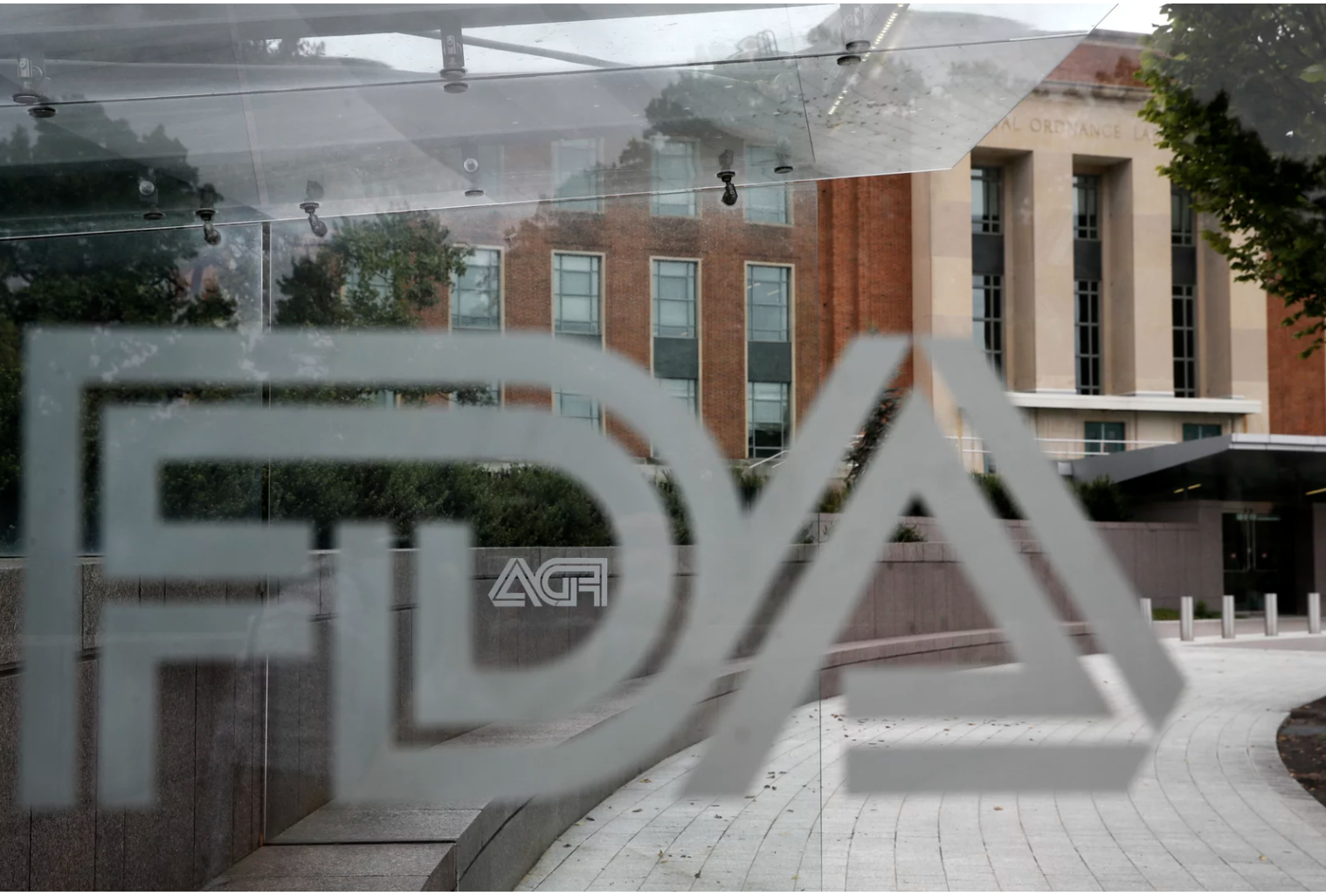DAILY EXPRESS US – A Chinese cancer drug has just been approved in the US, but it will cost over 30 times more, with two others predicted to follow suit.
However, even with the significant price increase, they will all still be much cheaper than similar drugs currently sold in the US.
The price of Toripalimab, the new drug from China, was revealed on Monday by American company Coherus Biosciences, which partnered with Shanghai Junshi Biosciences to market it.
In China, the cost of a single-dose vial of Toripalimab is around 2,000 yuan (US$280), whereas in the US it will cost US$8,892.03 – more than 31 times the price in China, but still 20 per cent less than the current alternative.
Since the Food and Drug Administration (FDA) approved Toripalimab, two more Chinese cancer drugs have been approved for distribution in the US.
FDA PRESS RELEASE:
FDA approves toripalimab-tpzi for nasopharyngeal carcinoma
On October 27, 2023, the Food and Drug Administration approved toripalimab-tpzi (LOQTORZ, Coherus BioSciences, Inc.) with cisplatin and gemcitabine for the first-line treatment of adults with metastatic or recurrent, locally advanced nasopharyngeal carcinoma (NPC).
FDA also approved toripalimab-tpzi as a single agent for adults with recurrent unresectable or metastatic NPC with disease progression on or after a platinum-containing chemotherapy.
Efficacy of toripalimab-tpzi with cisplatin and gemcitabine was evaluated in JUPITER-02 (NCT03581786), a randomized, multicenter, single region, double-blind, placebo-controlled trial in 289 patients with metastatic or recurrent, locally advanced NPC who had not received previous systemic chemotherapy for recurrent or metastatic disease.
Patients were randomized (1:1) to either toripalimab-tpzi with cisplatin and gemcitabine, followed by toripalimab-tpzi, or placebo with cisplatin and gemcitabine, followed by placebo. Chemotherapy regimens are described in the above link for full prescribing information.
The primary efficacy outcome measure was progression-free survival (PFS), as assessed by a Blinded Independent Review Committee (BIRC) according to RECIST v1.1. Overall survival (OS) was an additional endpoint.
A statistically significant PFS improvement was observed with a median PFS of 11.7 months versus 8.0 months (hazard ratio [HR] 0.52 [95% CI: 0.36, 0.74], p-value=0.0003) for the toripalimab-tpzi and placebo-containing regimens, respectively.
A statistically significant OS improvement was also observed with median OS not reached (95% CI: 38.7 months, not estimable) for the toripalimab-tpzi-containing regimen and 33.7 months (95% CI: 27.0, 44.2) for the placebo-containing regimen (HR 0.63 [95% CI: 0.45, 0.89], p-value=0.0083).
Efficacy of toripalimab-tpzi as a single agent was evaluated in POLARIS-02 (NCT02915432), an open-label, multicenter, single country, multicohort trial in 172 patients with unresectable or metastatic NPC who had received prior platinum-based chemotherapy or had disease progression within 6 months of completion of platinum-based chemotherapy administered as neoadjuvant, adjuvant, or definitive chemoradiation treatment for locally advanced disease. Patients received toripalimab-tpzi until disease progression per RECIST v1.1 or unacceptable toxicity.
The major efficacy outcome measures were confirmed overall response rate (ORR) and duration of response (DOR) as assessed by BIRC using RECIST v1.1. ORR was 21% (95% CI: 15, 28) and median DOR was 14.9 months (95% CI: 10.3, not estimable).
Immune-mediated adverse reactions occurred with toripalimab-tpzi, including pneumonitis, colitis, hepatitis, endocrinopathies, nephritis with renal dysfunction, and skin adverse reactions. The most common adverse reactions (≥20%) for toripalimab-tpzi with cisplatin and gemcitabine were nausea, vomiting, decreased appetite, constipation, hypothyroidism, rash, pyrexia, diarrhea, peripheral neuropathy, cough, musculoskeletal pain, upper respiratory infection, insomnia, dizziness, and malaise. The most common adverse reactions (≥20%) for toripalimab-tpzi as a single agent were fatigue, hypothyroidism, and musculoskeletal pain.
The recommended toripalimab-tpzi dose with cisplatin and gemcitabine is 240 mg every three weeks until disease progression, unacceptable toxicity, or up to 24 months. The recommended toripalimab-tpzi dose as a single agent for previously treated NPC is 3 mg/kg every two weeks until disease progression or unacceptable toxicity.
This review used the Assessment Aid, a voluntary submission from the applicant to facilitate the FDA’s assessment.
This application was granted priority review, breakthrough designation and orphan drug designation. FDA expedited programs are described in the Guidance for Industry: Expedited Programs for Serious Conditions-Drugs and Biologics.
Healthcare professionals should report all serious adverse events suspected to be associated with the use of any medicine and device to FDA’s MedWatch Reporting System or by calling 1-800-FDA-1088.
For assistance with single-patient INDs for investigational oncology products, healthcare professionals may contact OCE’s Project Facilitate at 240-402-0004 or email [email protected].



